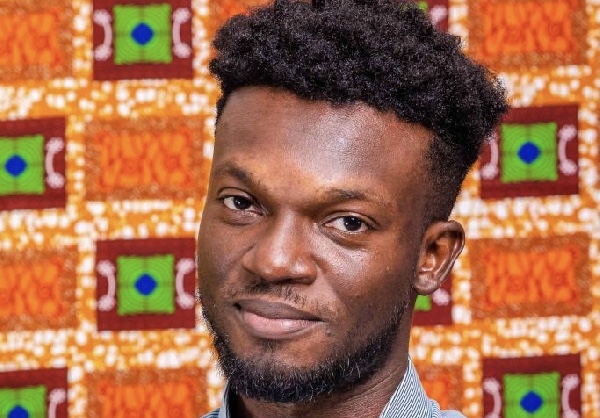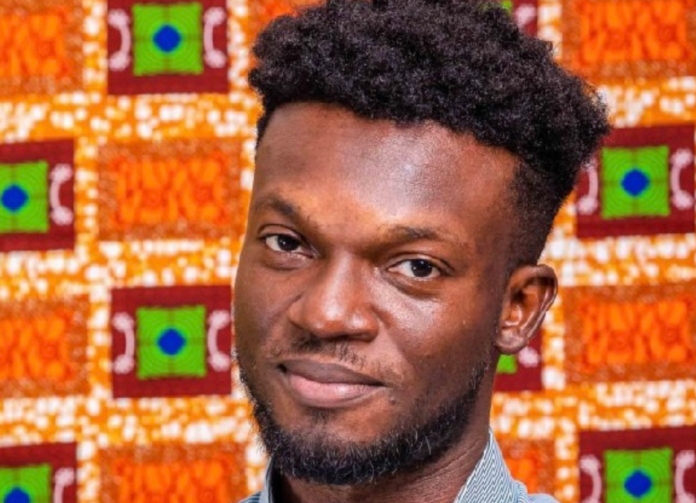It’s been more than a year since Ghanaian music producer Kobby Spiky Nkrumah secured a landmark victory against the Confederation of African Football (CAF) in the High Court in Accra. On July 17, 2024, the court ruled that CAF had illegally used Spiky’s original track, Okomfo Anokye, in promotional materials for the 2018 CAF Awards without his permission—a clear violation of his copyright.
The court awarded Spiky $250,000 in damages, a judgment firmly rooted in Ghana’s Copyright Act, 2005 (Act 690), which stipulates financial penalties for the unauthorised use of copyrighted material. This wasn’t just a win for Spiky; it was a beacon of hope for creative professionals across Africa who frequently face the uphill battle of protecting their intellectual property.

Upholding the Law, Denying Delay Tactics
Despite the clear ruling, and even after CAF’s subsequent appeal was dismissed, the damages remain unpaid.
CAF’s legal team attempted to secure a stay of execution, aiming to delay payment while they pursued further appeals. Their arguments centred on the definition of “commercial use,” questioning whether using copyrighted music to promote an event constituted commercialisation. They even drew a comparison to a judicial association using background music for a TV announcement—a comparison many found unconvincing, given the significant commercial scale of the CAF Awards.
However, Justice Emmanuel Logoh saw through the distinction. After reviewing the legal submissions and affidavits, he stated:
“I have heard the legal submissions by both lawyers and also had regard to the depositions contained in the affidavit filed by the parties. Application accordingly refused.”
Spiky’s legal counsel, Onyinye-Chukwu Marymagdalene Okeyea, robustly defended the initial ruling, citing various sections of Ghana’s copyright law to demonstrate the undeniable infringement by CAF. She also pointed out that even CAF had introduced its own internal statutes as evidence, affirming the court’s prerogative to consider them.
More Than Money: A Matter of Principle
This case has gone beyond legal boundaries—it has become a crucial test of how seriously we, as a continent, uphold the rights of creators. Many African artists and producers struggle immensely to safeguard their intellectual property. Spiky isn’t a large corporation with endless resources; he’s an individual who placed his trust in the legal system, followed due process, and emerged victorious. What now hangs in the balance is the principle of honouring that judicial decision.
While there’s been no explicit refusal from CAF to fulfil its obligation, the ongoing delays send a disheartening message to aspiring young creatives: that even a court victory can lead to prolonged injustice.
A Call for Finality and Accountability
This isn’t about fostering animosity or assigning blame. It’s about achieving closure. Spiky has sought nothing more than what the law entitles him to. He adhered to the rules, presented his case, and won fairly. The judicial process has spoken not just once, but twice, with both the initial ruling and the dismissal of the stay of execution affirming his rights.
What’s left is a straightforward act of accountability: for CAF to honour the court’s decision and disburse the awarded damages.
This case has evolved into a powerful symbol—a symbol of hope, resilience, and the potential for creators to defend their rights. Yet symbols only carry weight when accompanied by action. It’s time to bring this chapter to a just and definitive close.
Justice delayed should not, and cannot, be justice denied.
#CAFMustPaySpiky



